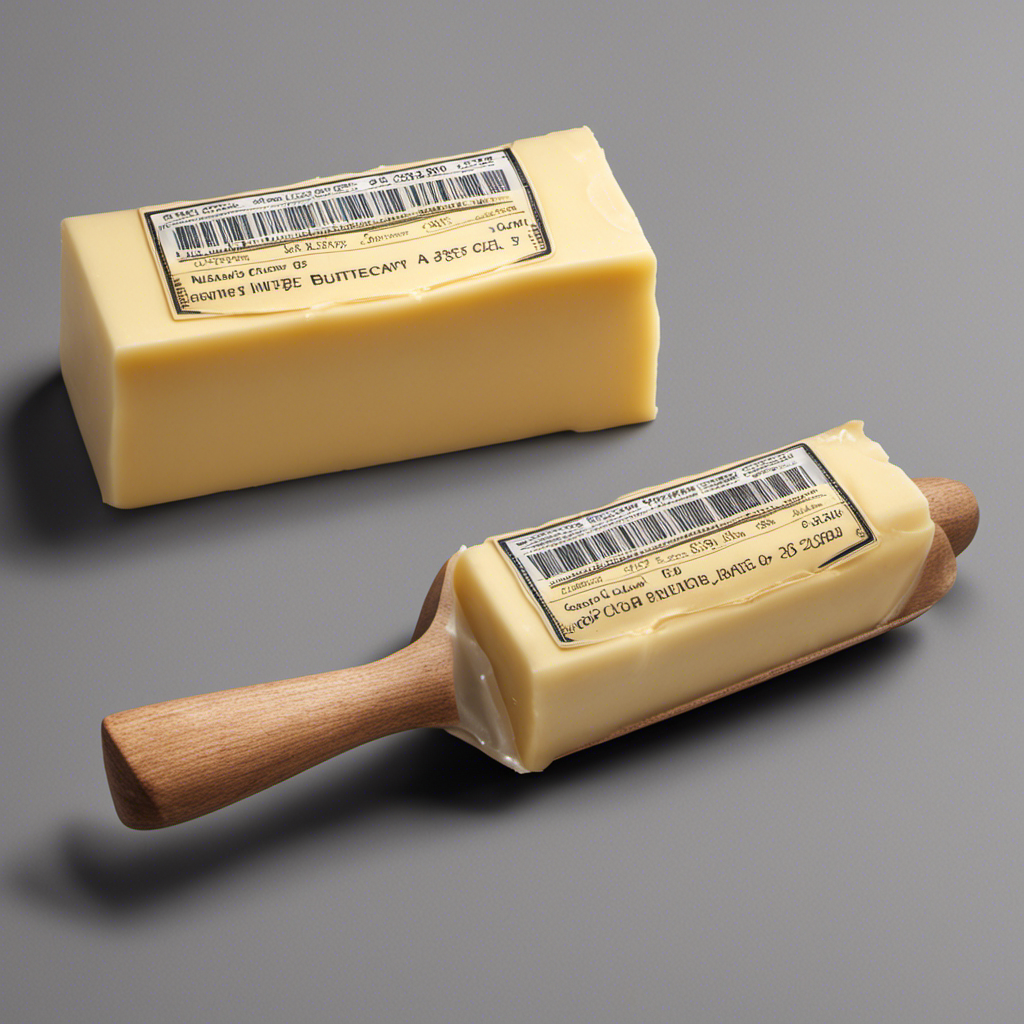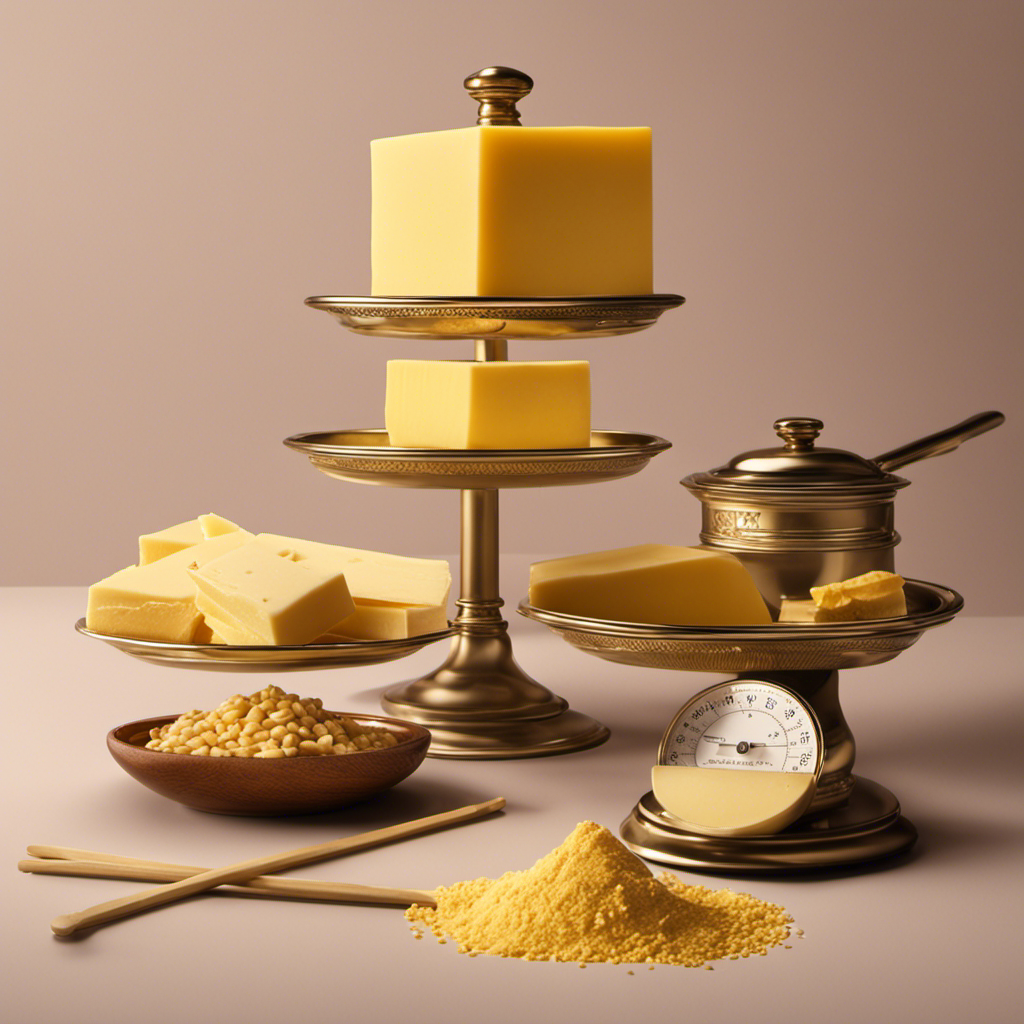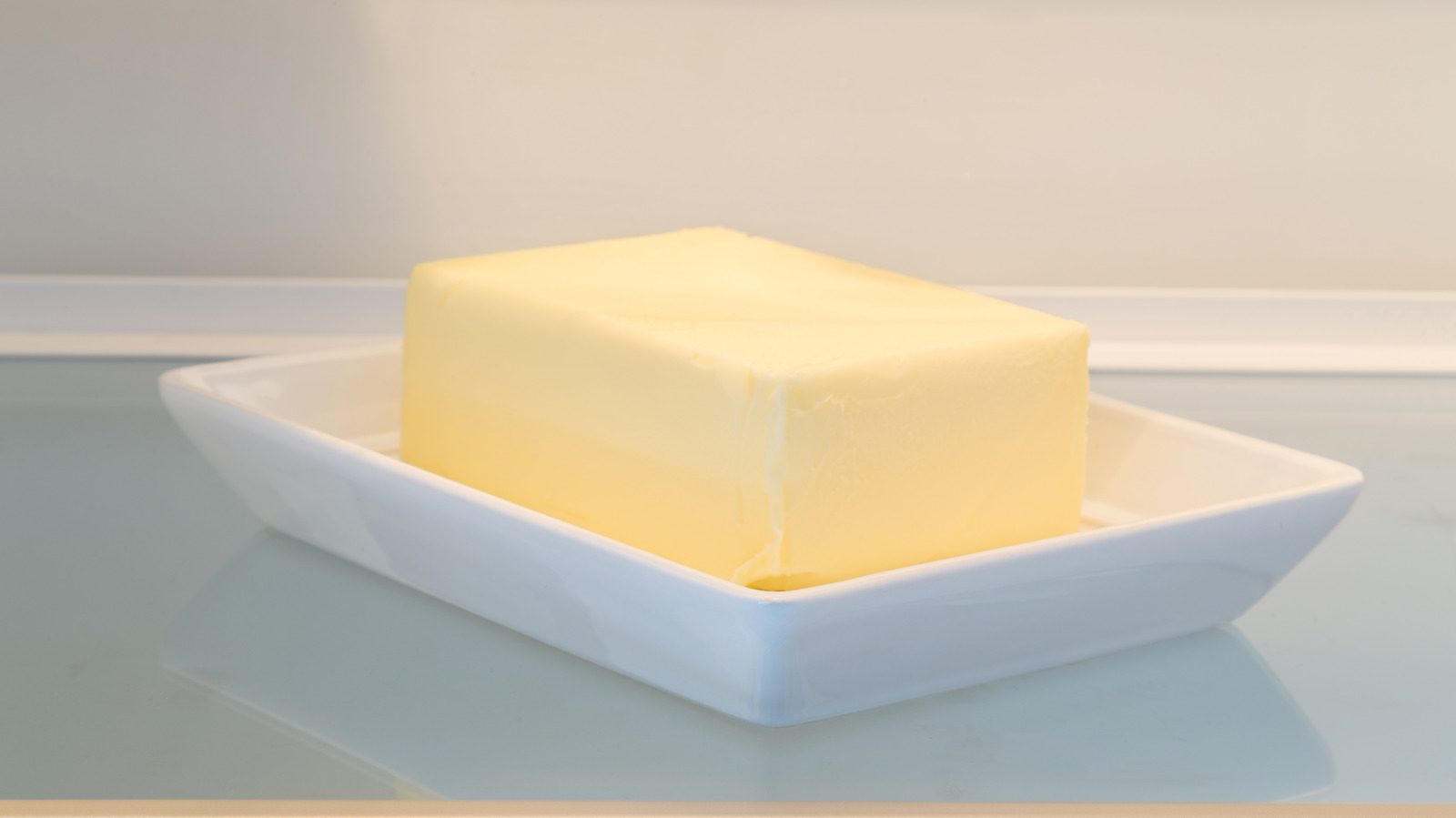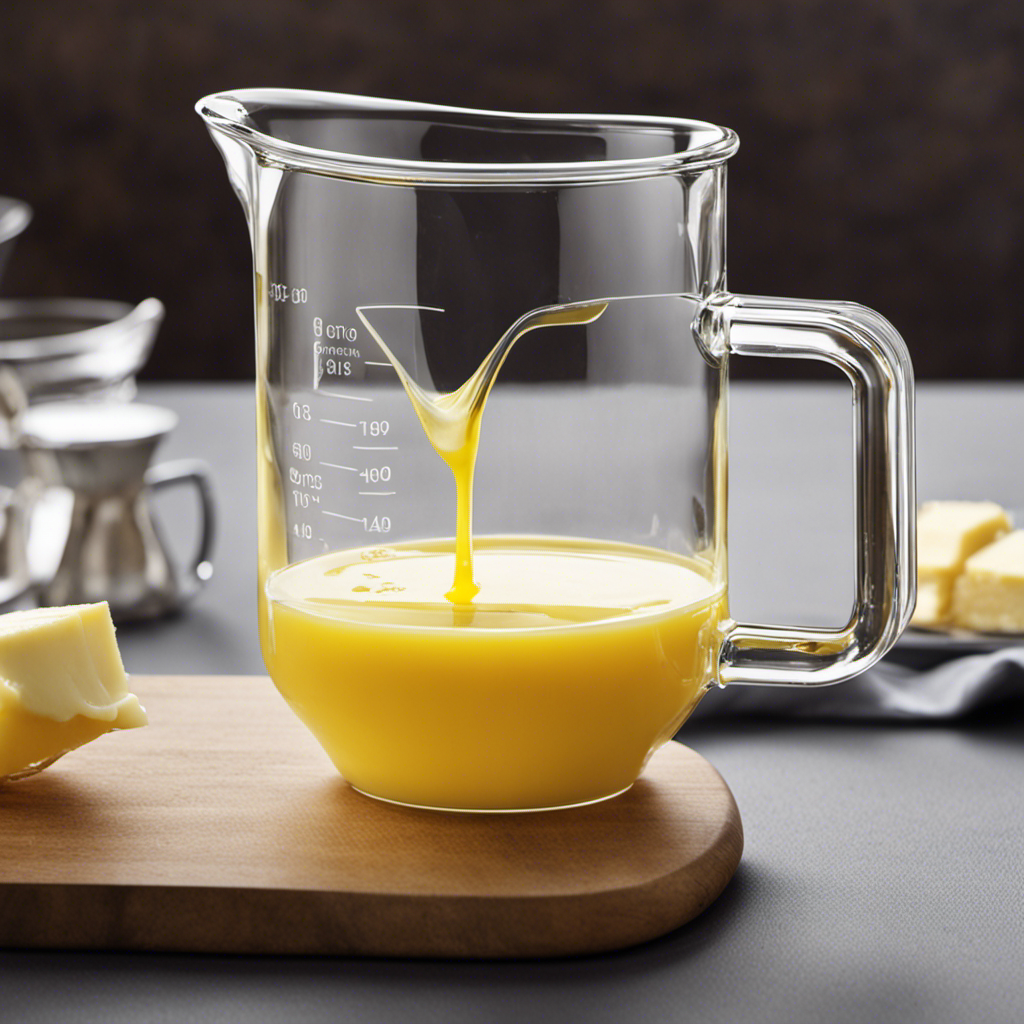How Long Can You Use Butter After Expiration Date

Imagine a crisp morning, sunlight streaming through the kitchen window. The aroma of freshly brewed coffee fills the air. You reach for a block of butter, intending to slather it generously on a warm slice of toast. But then, your eye catches the date stamped on the package: "Best By" two weeks ago. A flicker of doubt crosses your mind – is it still safe to use?
The question of how long butter remains usable after its expiration date is a common culinary quandary. The good news is that butter, thanks to its high fat content, often lasts longer than the date printed on the package. However, understanding the factors that influence its shelf life, proper storage techniques, and how to identify spoilage are crucial for ensuring both safety and quality.
Butter's Longevity: Beyond the "Best By" Date
The date on your butter is typically a "Best By" or "Use By" date, not an expiration date. This means the manufacturer is indicating the period during which the butter is at its peak quality in terms of taste, texture, and aroma. It doesn't necessarily mean the butter is unsafe to consume after that date.
Several factors contribute to butter's relatively long shelf life. Its high fat content, low water activity, and the presence of salt (in salted butter) all inhibit the growth of microorganisms that cause spoilage. Proper storage plays a vital role in extending its usability.
Salted vs. Unsalted Butter: Does it Make a Difference?
Salt acts as a preservative. Salted butter generally lasts longer than unsalted butter. The salt inhibits the growth of bacteria and mold, extending its shelf life by a week or two, sometimes even longer, compared to its unsalted counterpart.
Unsalted butter, on the other hand, is more susceptible to spoilage and requires extra care in storage. Its delicate flavor profile also makes it more likely to absorb odors from the refrigerator.
Storage is Key: Maximizing Butter's Shelf Life
How you store your butter significantly impacts how long it stays fresh. The ideal environment is a cold, dark, and airtight space.
In the refrigerator, butter should be kept in its original packaging or in an airtight container to prevent it from absorbing odors from other foods. Properly stored refrigerated butter can last for several weeks, even months, past its "Best By" date.
Freezing butter is an excellent way to extend its shelf life significantly. When properly wrapped, butter can be frozen for six to nine months without a noticeable change in quality.
Spotting Spoilage: Signs Your Butter Has Gone Bad
While butter can often outlive its "Best By" date, it's important to be able to identify signs of spoilage. Consuming rancid butter can lead to unpleasant flavors and potentially mild gastrointestinal upset.
One of the most obvious signs is a change in smell. Rancid butter will have a sour, cheesy, or even metallic odor, quite different from its fresh, creamy scent. The color might also change, developing a yellow or brown tinge on the surface.
The texture can also be an indicator. Butter that has spoiled may become grainy or develop a slimy surface. Mold growth, even in small patches, is a clear sign that the butter should be discarded. Taste is another reliable way to test for spoilage – if it tastes sour or off, it's best to err on the side of caution.
The Science Behind Butter Spoilage: Rancidity and Microbial Growth
Butter spoils through two primary mechanisms: rancidity and microbial growth. Rancidity occurs when fats break down through oxidation or hydrolysis, leading to the formation of volatile compounds that cause off-flavors and odors. This process is accelerated by exposure to light, heat, and air.
Microbial growth, while less common due to butter's low water activity, can still occur, especially in unsalted butter. Bacteria and molds can thrive on the surface, leading to changes in taste, texture, and appearance.
According to the USDA, proper handling and storage of dairy products like butter are vital in preventing the growth of harmful bacteria. The FDA also provides guidelines on food safety, emphasizing the importance of using sensory evaluation (smell, taste, appearance) to determine if a food product is safe to consume.
Practical Tips for Butter Management
To minimize waste and ensure you're always using fresh butter, consider these practical tips. Buy butter in smaller quantities if you don't use it frequently.
Store butter in an airtight container in the refrigerator, away from strong-smelling foods. If freezing, wrap the butter tightly in plastic wrap and then place it in a freezer bag to prevent freezer burn.
When thawing frozen butter, do so in the refrigerator to maintain its texture and quality. Avoid leaving butter at room temperature for extended periods, as this can accelerate spoilage.
Consider using a butter dish with a water seal. These dishes create a barrier that prevents air from reaching the butter, helping to keep it fresh at room temperature for several days.
The Butter Bell: A French Tradition for Freshness
The Butter Bell, also known as a French butter dish, is a charming and practical way to keep butter soft and spreadable at room temperature without spoiling. This ingenious device consists of a small crock and a lid. You pack softened butter into the lid and then invert it into the crock, which contains a small amount of water.
The water creates an airtight seal, preventing air from reaching the butter and keeping it fresh for days. While the Butter Bell is convenient for keeping butter soft for spreading, it's still important to change the water every few days and keep the butter away from direct sunlight or heat.
According to the National Center for Home Food Preservation, while traditional methods like the Butter Bell can be effective, they are not a substitute for refrigeration when long-term storage is required. The center emphasizes that refrigeration remains the safest way to preserve butter quality over extended periods.
Final Thoughts: Enjoying Butter Responsibly
The expiration date on butter is a guideline, not a strict deadline. By understanding the factors that influence butter's shelf life and practicing proper storage techniques, you can confidently enjoy this kitchen staple long after the printed date.
Trust your senses – sight, smell, and taste – to determine if your butter is still good to use. When in doubt, it's always best to discard it. Ultimately, responsible butter management ensures both food safety and culinary enjoyment.
So, next time you reach for that block of butter, remember these guidelines. With a little knowledge and care, you can confidently spread, bake, and savor the rich, creamy flavor of butter for weeks to come.


















